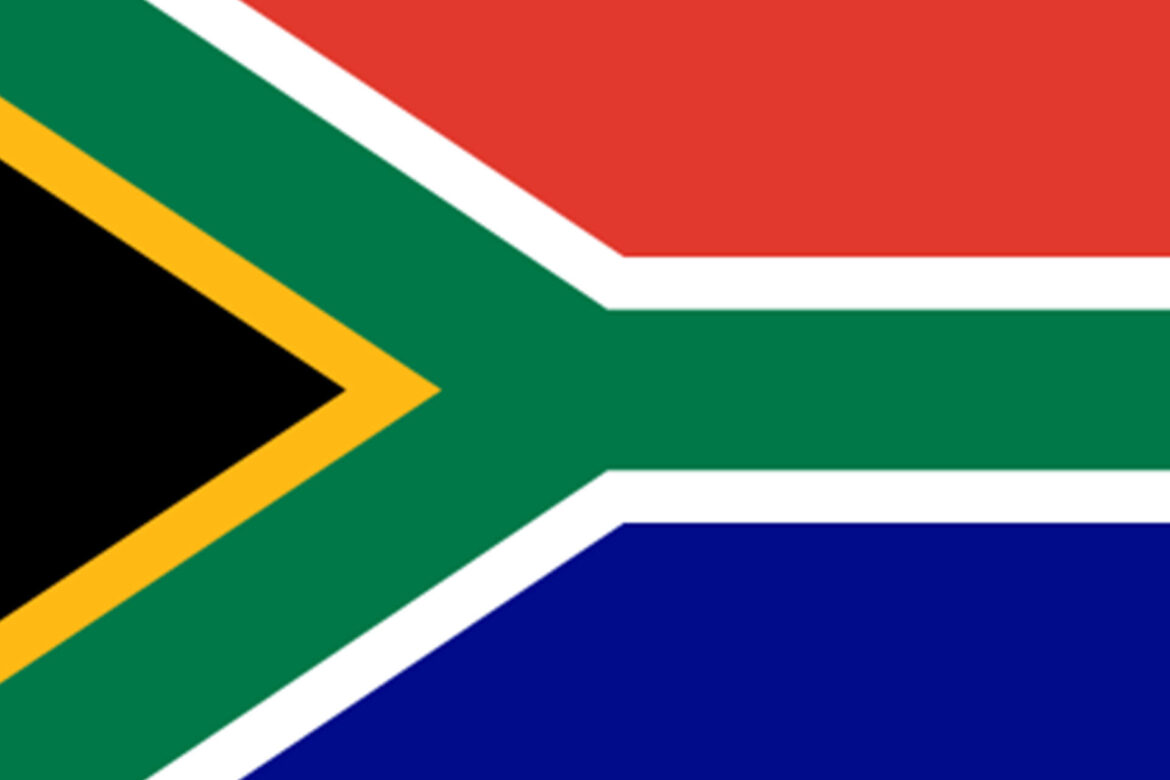The term “Rainbow Nation,” coined by Archbishop Desmond Tutu, encapsulates the rich tapestry of cultures, ethnicities, and languages that define South Africa. This diverse nation boasts 11 official languages, a reflection of its complex history and societal structure. However, the question remains: Does South Africa truly have a singular language, or does its multilingual identity serve as a metaphorical language unto itself? This inquiry invites a deeper exploration into the multilingual realities of South Africa through a Christian lens.
One may ponder why the linguistic diversity of South Africa elicits such intrigue. On the surface, the confluence of languages appears emblematic of a nation forging its identity amidst a tumultuous past. Yet, beneath this surface lies a profound tapestry woven from various strands of culture, history, and spiritual beliefs. Each language, whether Zulu, Xhosa, Afrikaans, or English, encapsulates unique cultural narratives that contribute to the overarching South African story. This perspective challenges the notion of a singular identity, proposing instead that cultural richness is best expressed through multiplicity.
The Christian faith espouses the beauty of diversity. The Bible itself recognizes the myriad of tongues at Pentecost, highlighting the divine purpose in linguistic multiplicity. Acts 2:6-8 recounts how people from various nations understood the apostles speaking in their own languages. This biblical episode parallels South Africa’s linguistic landscape, suggesting that each tongue offers distinct insights into the divine. As such, embracing linguistic diversity enables a richer understanding of God’s creation and humanity’s multifaceted experiences.
Moreover, the affirmation of multiple languages in South Africa resonates with the Christian doctrine of communal worship. In the New Testament, believers are encouraged to gather in unity, celebrating their distinctiveness while upholding a shared faith (1 Corinthians 12:12-14). This reflects the essence of South African society, where diverse languages and cultures coexist and contribute to a broader understanding of human experience. The challenge lies not merely in acknowledging multiple languages but in fostering an environment that values linguistic expression as a tool for communion and understanding.
As we delve deeper, it becomes evident that each language is imbued with the history and struggles of its speakers. For example, the Xhosa language carries with it the rich cultural heritage of one of South Africa’s largest ethnic groups. Its click sounds and proverbs reflect a connection to the land and community, intimately intertwining language with identity. In contrast, Afrikaans emerged within a historical context shaped by colonialism and apartheid, highlighting the complexities of language as a bearer of both oppression and identity formation.
This historical interplay between language and identity can facilitate a sense of ownership among South Africans. Individuals who speak indigenous languages often convey their experiences, not merely through words but through stories, oral traditions, and proverbs. Engaging with these narratives nurtures spiritual and communal ties, encouraging the faithful to recognize their shared humanity amidst linguistic differences. The Christian challenge, then, is to create spaces where these narratives can flourish and be voiced within the community of believers.
Furthermore, contextual theology invites us to grapple with the implications of South Africa’s multilingualism. It recognizes that language shapes perception, and consequently, spiritual understanding is often localized within cultural expressions. A sermon delivered in Zulu may resonate on an entirely different level than one in English, not merely due to linguistic differences but also through the profound significance of local cultural codes. Understanding this necessitates humility and a willingness to learn from one another, essentials in the Christian life.
However, the reality extends beyond mere acknowledgment into the realm of social justice, directly correlating to the socio-political dynamics of the nation. Language often serves as both a bridge and a barrier. Historically marginalized languages are at risk of becoming extinct, leaving cultural heritage dormant and affecting the spiritual landscape of communities. The church has a pivotal role in advocating for linguistic justice, promoting inclusivity and accessibility in worship, theological discourse, and community building.
In this light, the challenge for Christians in South Africa transcends the simple adaptation to linguistic plurality. It demands a commitment to empower lesser-known languages, ensuring their survival and relevance. One practical avenue is the translation of Christian literature and scripture into various languages, allowing broader access to theological concepts for all South Africans. The mission of the church in a multilingual context is not merely to convert but to cultivate a deeper understanding of God’s love in each linguistic expression.
As we contemplate the multilingual realities of South Africa, we must ask ourselves: How can the church embody the principle of unity in diversity? This inquiry challenges Christians to foster environments where multilingualism is not merely tolerated but celebrated. By embracing the multitude of languages as intrinsic to their faith, believers can embody the essence of the “Rainbow Nation” in their worship and communal life.
In conclusion, South Africa’s linguistic plurality is not merely a feature of its societal landscape—it is a profound testament to the richness of human experience. Through the Christian perspective, these myriad languages serve as avenues for divine revelation, cultural expression, and communal solidarity. The pursuit of a singular language may prove futile, for the essence of the “Rainbow Nation” lies in its commitment to honoring diversity as a reflection of God’s creation. As South Africans continue to navigate the complexities of their multilingual identity, the church stands as a beacon of hope, advocating for unity and understanding amid the beautiful discord of languages. This is the language of love, transcending even the barriers of tongue. It proclaims that in diversity, we are made whole.



